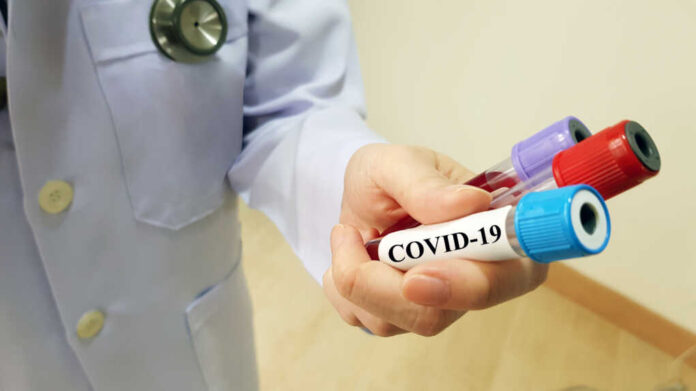
The WHO SAGO Report on COVID-19 Origins unravels essential insights for strengthening future pandemic preparedness and global cooperation.
At a Glance
- The WHO’s SAGO has released a comprehensive report nearly five years after the COVID-19 pandemic began.
- The report, compiled by 27 international experts, explores the zoonotic origins and possible lab leak hypothesis.
- Lack of crucial data from China hampers definitive conclusions.
- The report emphasizes a unified global approach to future pandemic readiness.
- Understanding COVID-19’s origins is a moral imperative to prevent future pandemics.
WHO’s In-depth Investigation
The World Health Organization (WHO) has released a pivotal report on COVID-19 origins through its Scientific Advisory Group for the Origins of Novel Pathogens (SAGO). This team of 27 cross-disciplinary experts has scrutinized the zoonotic pathways of the virus, its transmission behavior, and potential lab leak scenarios. The culmination of this research, nearly five years on, provides a foundational platform for future pandemic preparedness.
The report suggests that the virus likely emerged from zoonotic spillover, potentially from bats or an intermediate host. However, the lab leak hypothesis remains under consideration given the incomplete data, particularly from China, including vital viral sequences and intelligence regarding Wuhan markets and laboratories.
Data Challenges and International Response
A significant challenge lies in the unavailability of comprehensive genetic data from China. This factor alone has impeded a conclusive understanding of the virus’s origins, a notion stressed by Dr. Tedros Adhanom Ghebreyesus, WHO’s Director-General. He expressed concerns over China’s reluctance to share critical information, calling for greater transparency and urging other nations to cooperate in pandemic investigations.
“Despite our repeated requests, China hasn’t provided hundreds of viral sequences from individuals with COVID-19 early in the pandemic, more detailed information on animals sold at markets in Wuhan, and information on work done and biosafety conditions at laboratories in Wuhan” – Tedros Adhanom Ghebreyesus.
Learning from this pandemic is essential not only for scientific understanding but as a moral imperative to lessen global suffering, uphold lives and protect economies. Dr. Marietjie Venter, Chair of the SAGO, emphasizes that uncovering COVID-19’s origins is crucial for averting future pandemics. These insights could bolster worldwide health policies and foster unified global health strategies.
Moving Forward with Unified Efforts
The WHO’s ongoing investigation underscores the need for an integrated global approach toward pandemic preparedness and response. The report acts as a reminder of the collective responsibility that nations must shoulder in response to potential viral threats. Transparency remains vital for a fortified, synchronized global healthcare framework designed to swiftly and efficiently tackle imminent viral outbreaks.
The WHO continues to call for international cooperation, maintaining that all hypotheses regarding COVID-19 origins, including zoonotic spillover and potential lab leaks, remain on the table. As new evidence emerges, the WHO remains committed to unraveling the complete narrative of the pandemic, promising strengthened global defenses against future health threats.


















